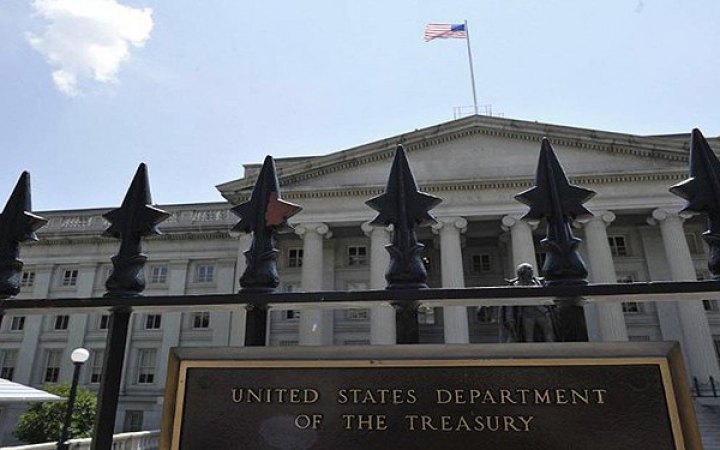U.S. Treasury Department
Photo: oilreview.kiev.ua
U.S. Treasury Department cut off russia's access to the Western frozen funds under sanctions to provide bond sovereign payments.
This was reported by the Voice of America and Reuters.
On Monday, April 4, russia was due to pay 636m dollars in bonds. Before Washington's ban, Moscow was able to pay from frozen accounts. Now russia has to pay from its reserves.
The new restrictions were introduced as a part of increasing sanctions on Moscow.
“Russia will have to choose between reduction of valuable dollar reserves or default”, a U.S. Treasury spokesperson said. According to a U.S. Treasury spokesperson, debt payments would help reduce the financing of other expenditures of the russian budget, in particular, the army.
According to The Bell, up to 380bn dollars of financial assets of russia's Central Bank could be blocked in Western accounts. Russia's Finance Ministry estimates this amount at 300bn dollars, which is about half of russia's foreign exchange reserves before the sanctions were imposed.
On March 5, russian President Vladimir Putin signed a decree allowing the payment of foreign currency debts to creditors from "unfriendly states" in russian rubles. If such payment is not provided for in the agreement, and creditors do not agree on the ruble, it will also mean default, writes "Radio Svoboda". This will primarily make it impossible for Moscow to borrow money abroad and lawsuits against russia.
Earlier, U.S. State Department spokesman Ned Price said that the United States is likely to "impose" additional measures against russia "very soon." Another round of sanctions is being considered by European leaders amid reports of signs of russia's "war crime" in the Kyiv region. In particular, Germany will consider supporting the EU embargo on the purchase of russian coal.
In addition, according to sources of the EU leadership, the European Commission will propose to the EU new restrictions on imports of russian rubber, chemicals and other products 9bn euros per year in total, as well as a ban on the imports of semiconductors, computers and mining technologies for liquefied gas, electrical and transport equipment worth an additional 10bn euros per year.
Earlier, the United States, Canada, Australia and Britain announced a ban on the purchase of russian oil, but Germany, Poland, some other EU countries, as well as India and China continue to buy energy from russia.
The European Union is also discussing the possibility of imposing sanctions on Putin's daughters.








